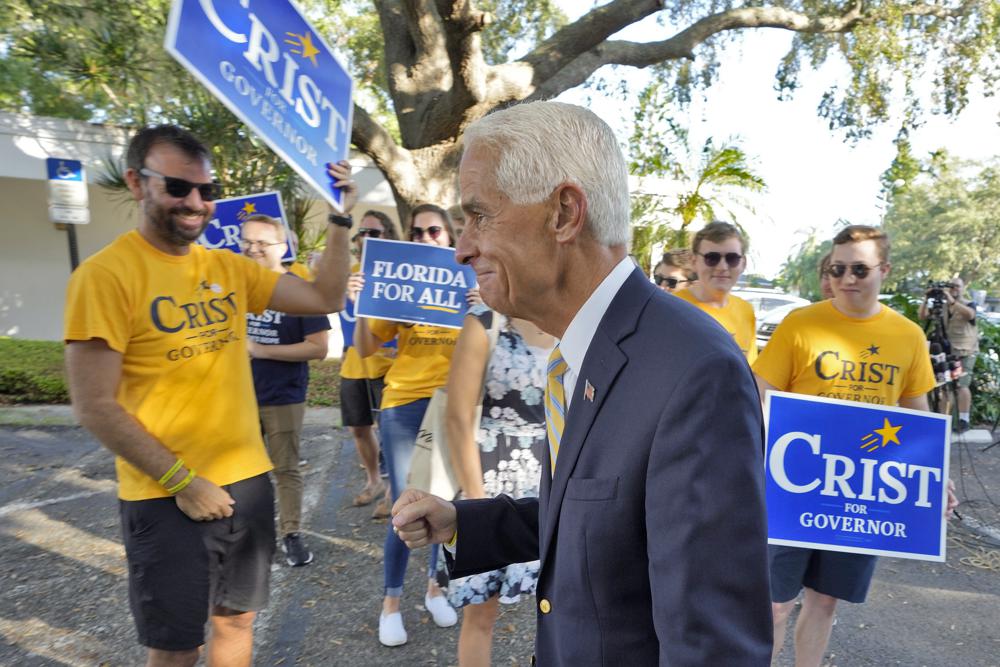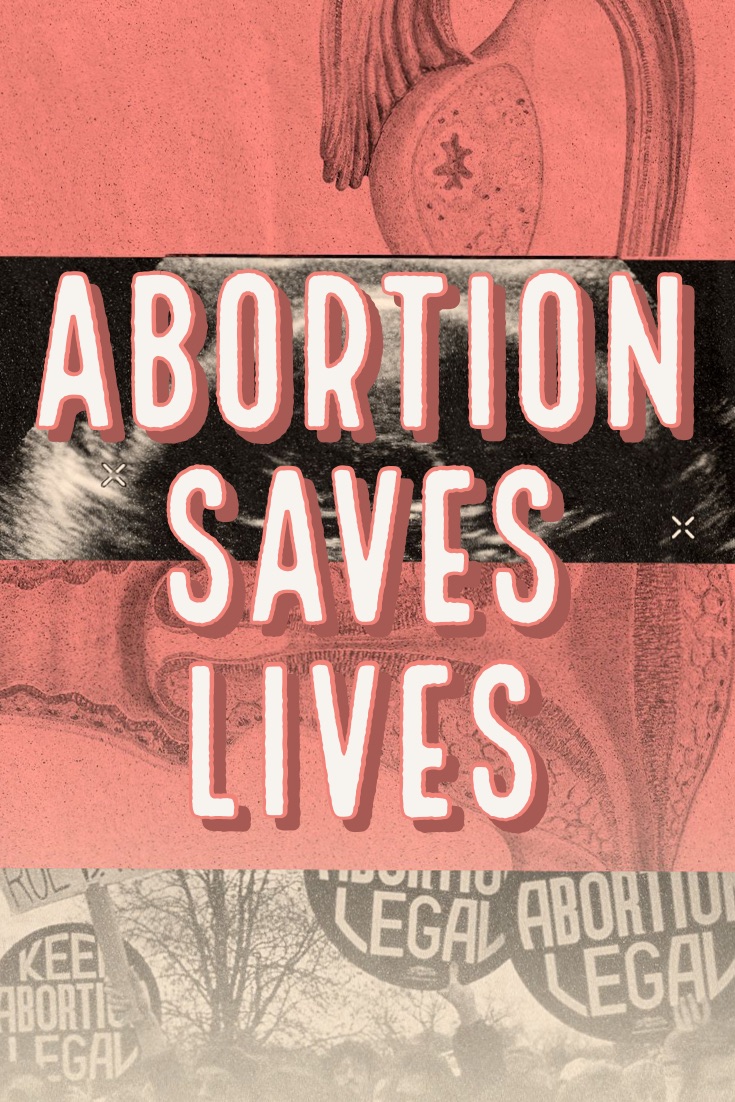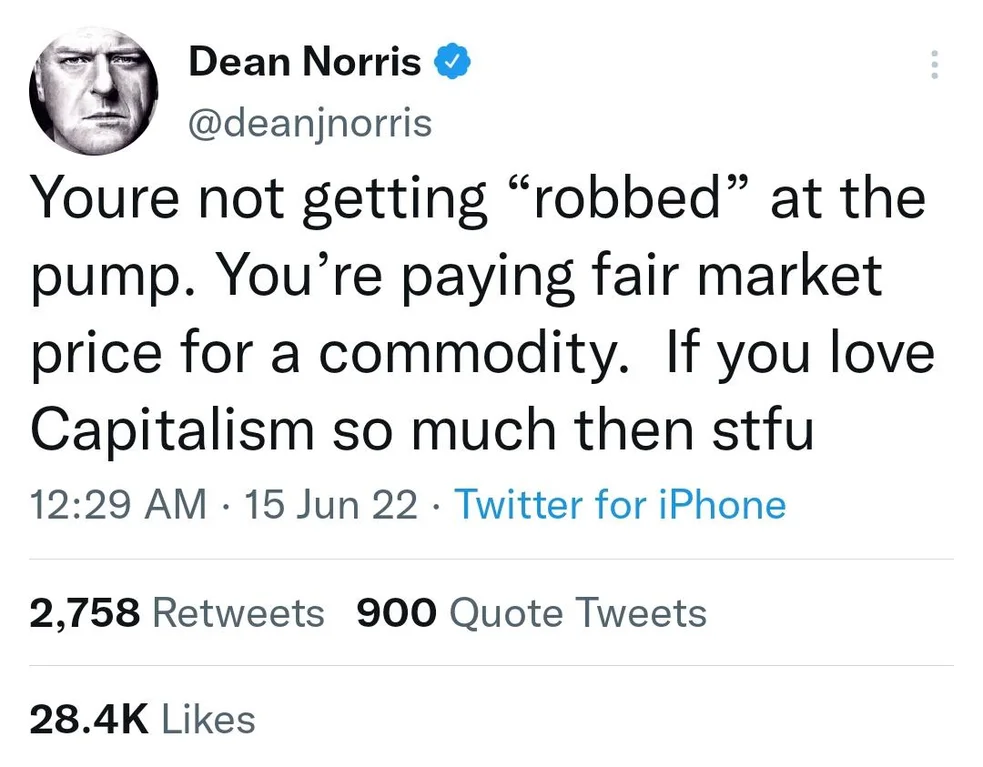There was a lot of criticism when I posted Gowan's last blog post yesterday titled 'Why China Is Not Socialist' but I saw Gowans posted a follow-up post today which clarifies his arguments and addresses some of the counter-argument that have been posted here. So for sake of argument I'll post his reply.
May 13, 2022
By Stephen Gowans
Empiric, a word infrequently used these days, refers to a quack. This seems odd, considering that empiric and empirical (based on observation) are related. In antiquity, empirics were physicians who relied on their experience and observation rather than on the texts of Aristotle and other philosophers to treat patients. Medicine based on the thinking of philosophers was the realm of the scholastics, or schoolmen, the established medical authorities of their day. Challenging the pure reason of Aristotle with facts was considered an act of quackery.
Soon after writing a blog post titled Why China Is Not Socialist , whose title expresses a conclusion based on the same empirical method the established authority of the ancient world so reviled, I received a rebuke, in the form of an e-mail, from a scholastic, citing chapter and verse from Chinese Communist Party texts. Had I not read any of these texts, the outraged schoolman demanded?
According to my correspondent, my quackery was based, not in any of the following observations, which I was assured the omniscient Chinese CP, endowed with an Aristotelian authority, had already taken into account and factored into its plans.
-
China’s development is proceeding along capitalist lines.
-
Capitalism is in command.
-
China is integrated into the world capitalist economy of exploitation, as one of its most important players, if not the most important.
-
The vast fortunes of such Western billionaires as Elon Musk, and the wealth of such Western CEOs as Tim Cook, is minted out of the exploited labor of Chinese workers.
-
As a major power integrated into the world capitalist system, China vies with other capitalist powers for access to markets, raw materials, investment opportunities, and strategic territory, i.e., is part of an imperialist system.
-
China is not socialist.
But if my observations were already well known to China’s CP, and factored into its plans, why was I being excoriated by an agitated scholastic? After all, I was being censured for the alleged sin of “assuming that 100 million small oriental minds could not figure this out themselves,” another way of saying I was only stating the obvious.
The answer appears to be that while these observations are apodictic, making them is considered bad form. China may be a capitalist power fully integrated into an imperialist system as a major participant, but you’re not supposed to say so.
Having objurgated me for my lapse in etiquette, my schoolman sought to instruct me on proper form. The rules for polite discourse, it turns out, are contained in Chinese CP texts (the one’s my aggrieved correspondent demanded to know whether I had ever read.) Therein one learns that the word socialism can be made infinitely plastic. Indeed, where it was once the antithesis of capitalism, correct form demands it now be used as a synonym of capitalism. In short, Chinese scholastic etiquette redefines capitalism as various stages of socialism, from primary, to intermediate, based on the degree of capitalist prosperity. This allows the schoolmen in Beijing to approach the problem of a capitalist and imperialist China run by Communists as a branding problem. Simply call Chinese capitalism and the country’s integration into an imperialist system of rivalry among capitalist states, “socialism”, and poof, the branding problem disappears.
No longer is it necessary to cast about vainly for an answer whenever someone asks, “How can a capitalist behemoth be run by Communists?” All you have to say is “What do you mean? China is socialist. Haven’t you read the CP documents? C’mon, get an education!”
If one were to observe the punctilios of Chinese proper form, China would be referred to as “primary stage socialist China.” If anyone as unversed in proper form as I am, were so bold as to ask, “What does primary stage socialism mean?”, the honest answer would be “capitalism at a low level of development.” In other words, if you read Chinese CP texts closely, China ought to be referred to as “capitalist China at a low level of development.” You can call “capitalist China at a low level of development” “socialist China” if you like, but then again, you can also call moon rocks Swiss cheese.
In short, “socialist China” is a euphemism for “capitalist China,” in the way “lavatory” is a euphemism for “crapper”. Euphemisms are useful for concealing delicate truths you don’t want mentioned publicly (such as that this vampire, who Beijing has indulged with innumerable subsidies and advantages, is accumulating profit on a Pantagruelian scale on the backs of cheap labor supplied by Chinese workers, or that Chinese President Xi Jinping is in the habit of justifying the exploitation of proletarians in the same manner every Republican does, namely, by invoking the aphorism ‘a rising tide lifts all boats.’)
I replied to my aggrieved correspondent with this:
You remind me of Christians who scream at me that I should read the bible. I have read the bible, which is why I’m not a Christian.
I have also read Chinese CP plans. Having done so, I know that even Chinese Communists do not consider China socialist. Not yet. At least not in any ordinary meaning of the word.
You mention plans. In 2100, when China expects to have achieved a fully publicly-owned, fully-planned economy, our grandchildren can have a conversation about whether the plan has been achieved. If it has, I’m sure they will be quite happy to call China socialist. Until then, the term “socialist China” is purely aspirational and until the time China achieves its goal, if indeed that time ever arrives, I’ll call China what it is, and what the Chinese acknowledge in their plans their society is, and will continue to be for quite some time: capitalist.
Long before 2100, and long before the day arrives when we can assess whether China actually arrives at the destination its Communists have mapped out for it, we can have a conversation about whether there are roads to socialism other than those that follow the path of capitalist industrialization; that is, other than the one the Chinese CP has chosen to follow.
Is there a path of socialist industrialization, following along the lines explored by the Soviets, one, which, unlike the Chinese path, isn’t based on integration into the world capitalist economy of exploitation; one that doesn’t compel a people to participate in the project of minting the wealth of billionaires like Elon Musk out of their exploited labor; one that doesn’t enmesh a country in a system of imperialist competition for raw materials, investment opportunities, export markets, and strategic territory?
One senses that you are embarrassed about the capitalist path the Chinese CP has chosen to take, with all its ugliness in exploitation and imperialist rivalry, and that you seek to assuage your embarrassment and burnish China’s reputation by transposing an aspirational distant socialist future onto the present. It’s an exercise in deception. There is no socialist China. All that exists at this point is a China that hasn’t eliminated the exploitation of man by man but embraces it; a China that doesn’t plan to eliminate exploitation fully for decades to come, and may never eliminate it; all that exists today and will continue to exist until the next century is a capitalist China which exhibits all the ugliness that capitalism contains within it.
Have I read the Chinese CP texts? Yes. My question to you is, have you understood them?



